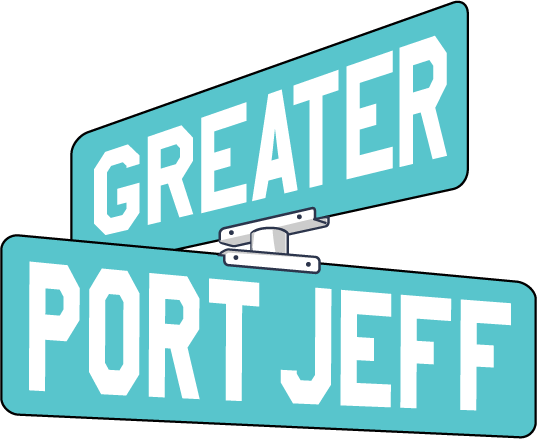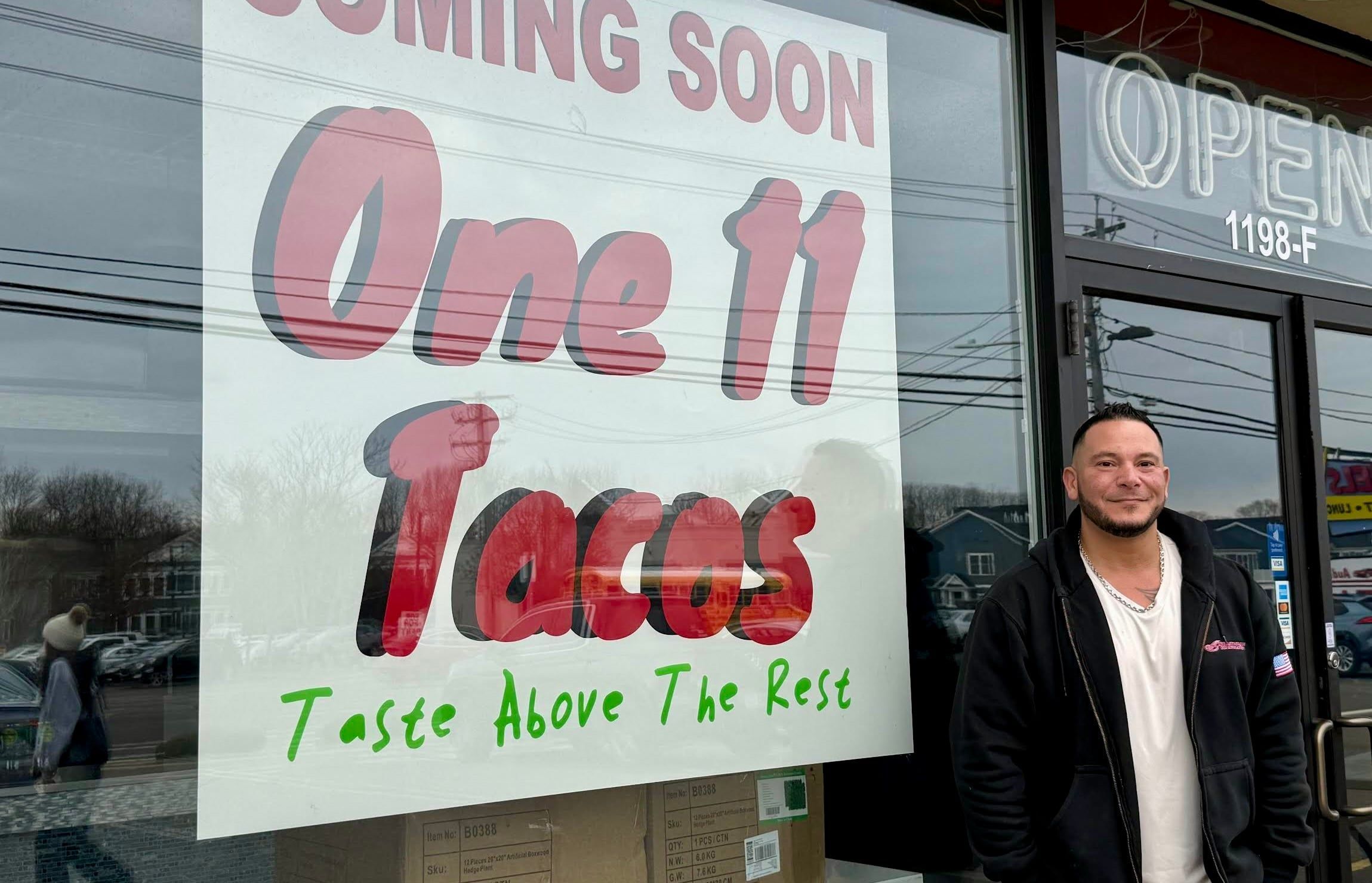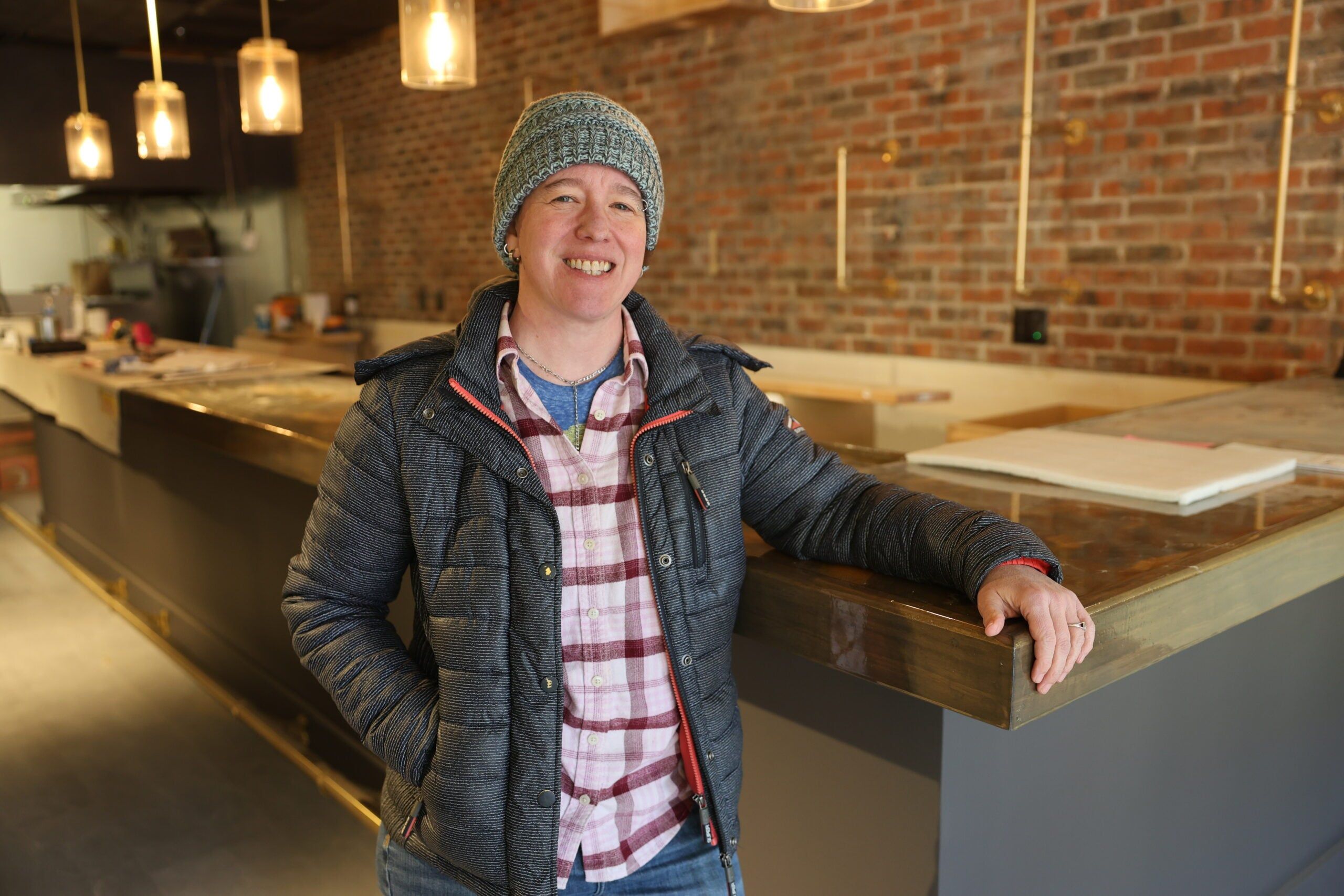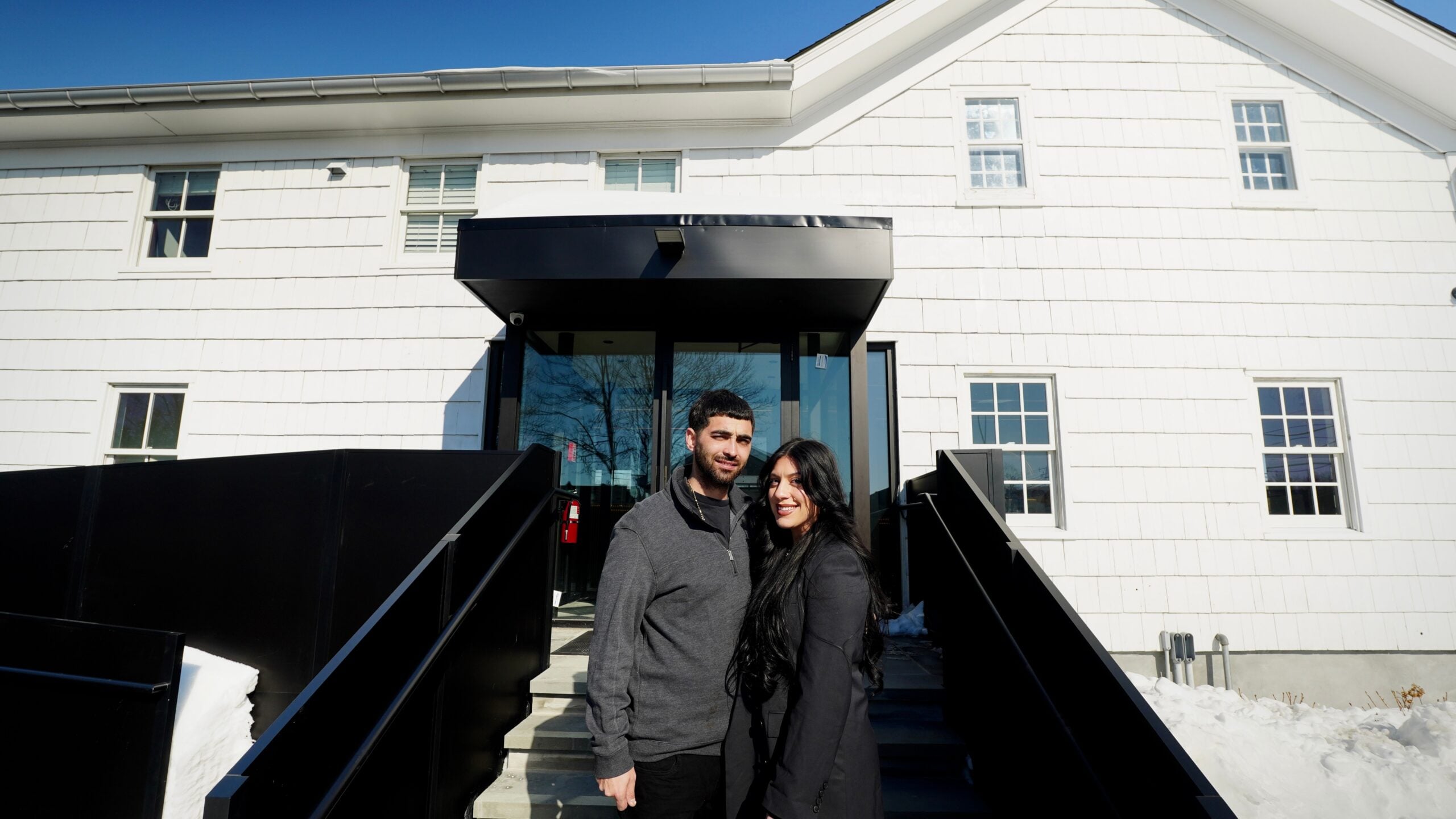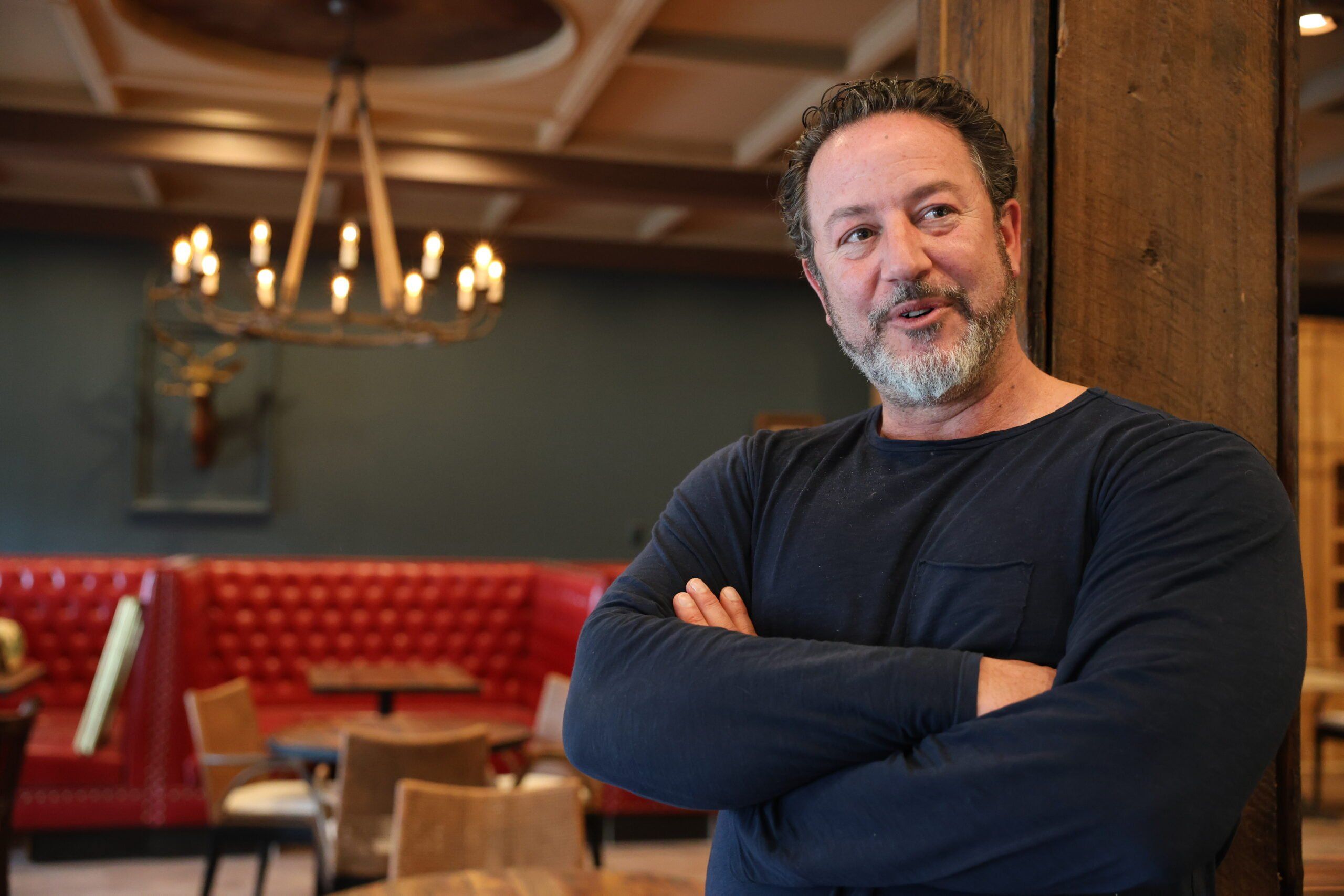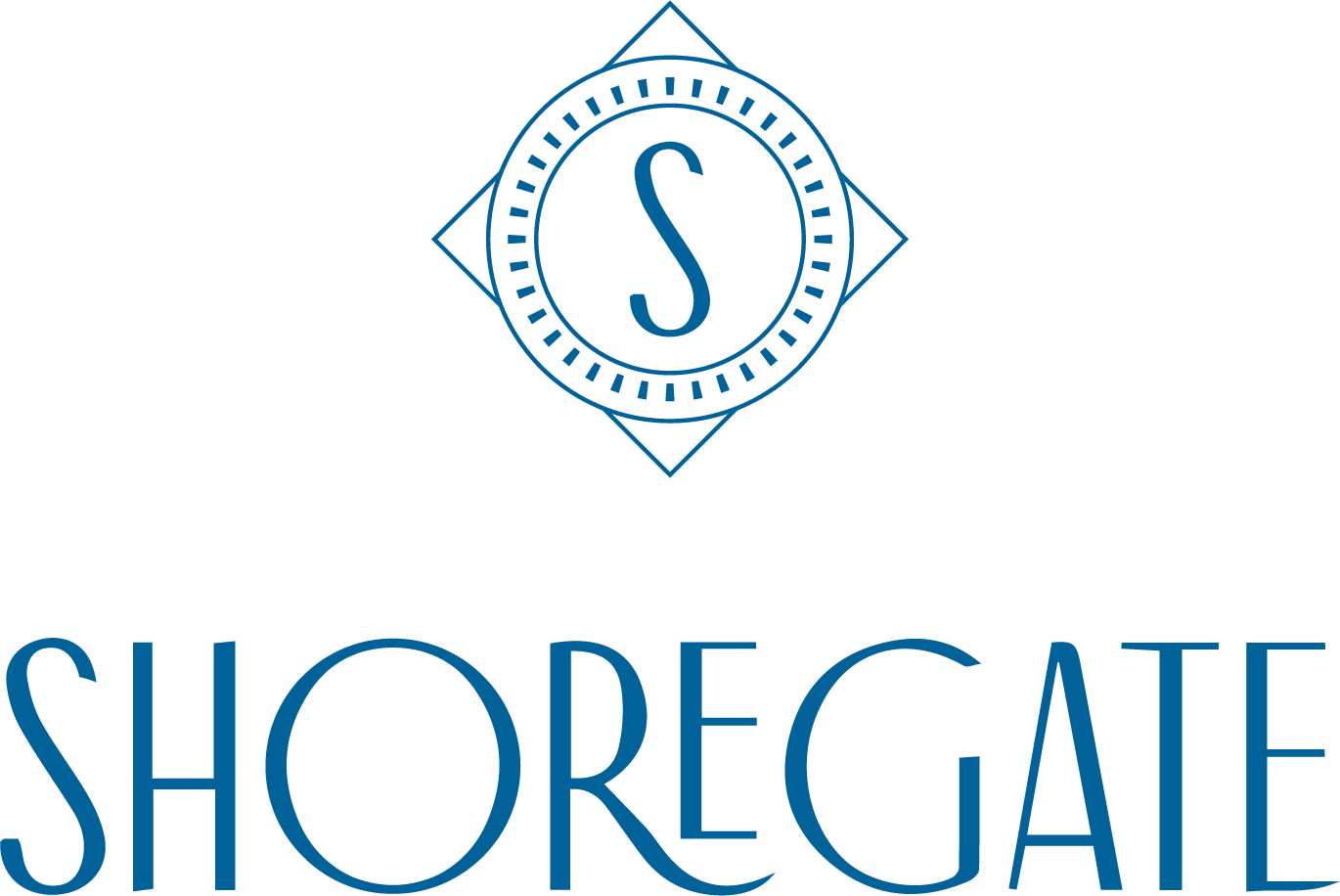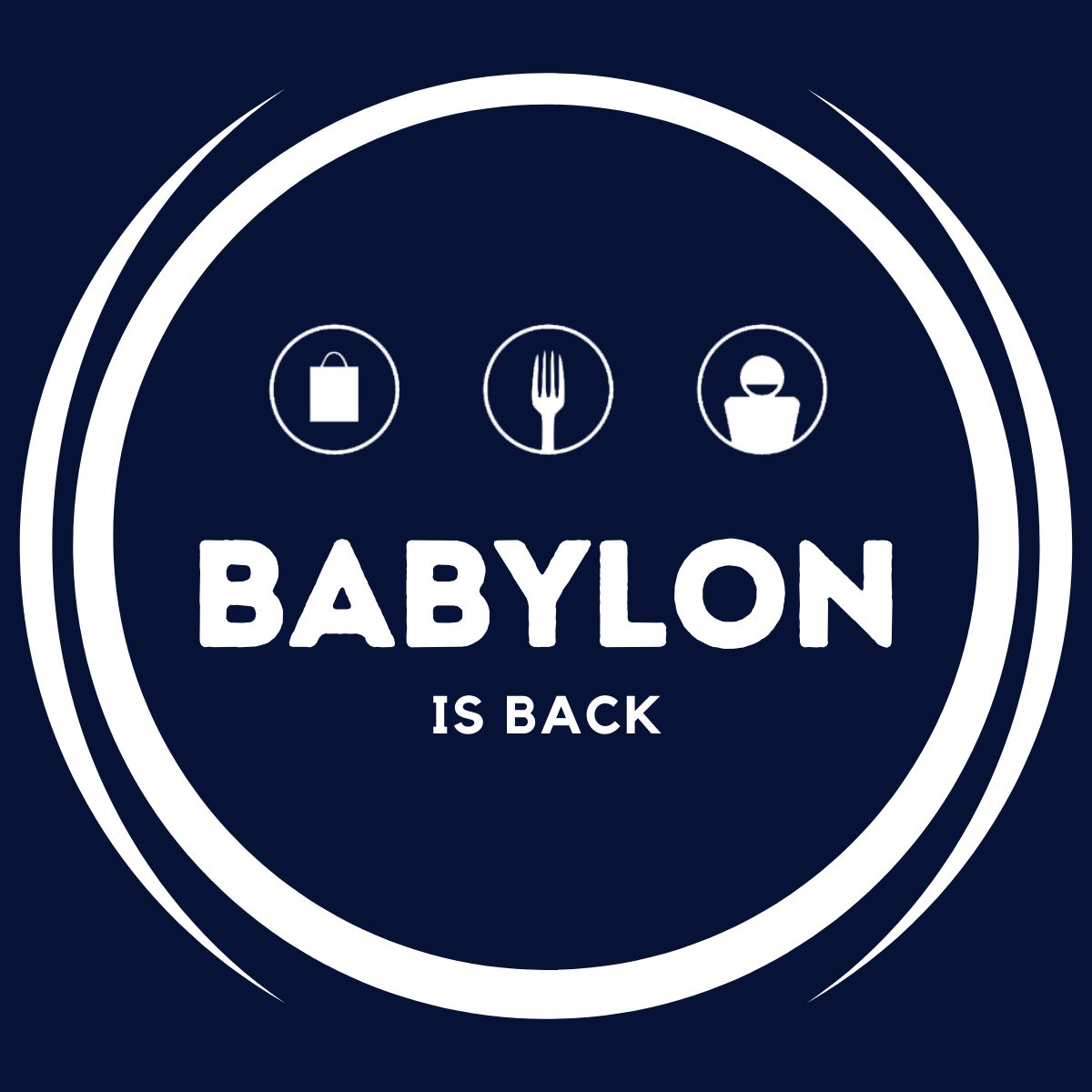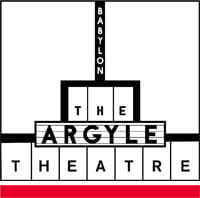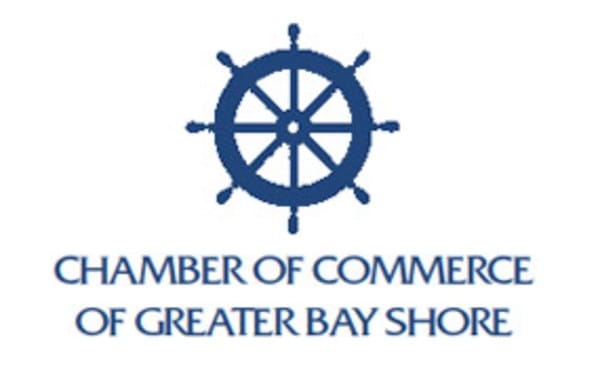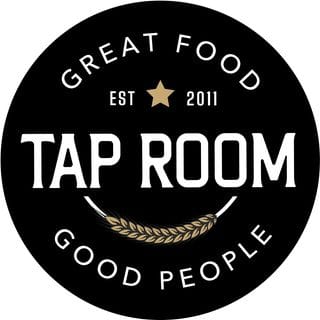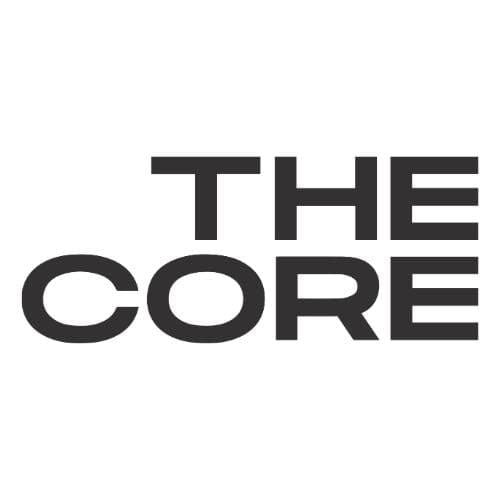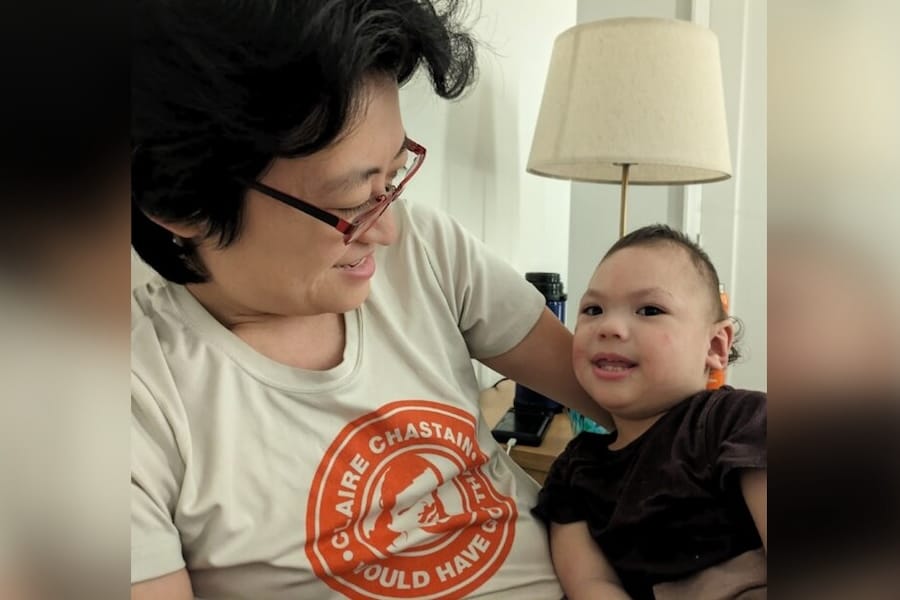

Our coverage is supported by
McIntyre, Donohue, Accardi, Salmonson & Riordan, LLP — representing New York’s injured workers for 80+ years.
Leo Wei Church was just four months old when he was thrust into a tumultuous battle against an ultra-rare and severe neurodevelopmental disorder.
Diagnosed with a mutation in his Transportin-2 (TNPO2) gene, the Setauket baby faced significant developmental delays and frequent seizures that were a threat to his very existence. In response to their son’s plight, Leo’s family took bold action, founding the TNPO2 Foundation and collaborated with Creyon Bio to spearhead a research initiative aimed at developing a treatment to save the baby’s life.
Using cutting-edge tools, artificial intelligence, and specialized datasets, Creyon swiftly engineered an antisense oligonucleotide therapy dubbed “Leosen” to honor Leo. Within one year of launching the research program, little Leo received the first dose of Leosen.
With the treatment, Leo, now 2 years old, has shown measurable improvements in his behavior, health, and developmental progress, a TNPO2 spokesperson said. In fact, Leo’s case was the focus of an oral presentation last week at the American Society of Gene & Cell Therapy’s (ASGCT) 27th Annual Meeting in Baltimore, shedding light on the potential of personalized medicine in treating rare diseases.
Below is a video that Leo’s mom Yiwei She prodcuded, documenting Leo’s illness and treatment.
“It is devastating to receive an ultra-rare diagnosis and have to face the reality that there are no known treatment options,” said She, who founded the TNPO2 Foundation. “Leo had access to a treatment sooner than most other children who are afflicted with such a rare genetic disorder. That he was given a chance with a personalized medicine is almost a miracle by itself, as only a handful of such projects reach this stage.”
While Leo’s progress so far is encouraging, his long-term prognosis is uncertain, according to the foundation. Yet his family remains resolute, maintaining their goal to build a sustainable process for rapidly developing personalized therapeutics that can benefit children with ultra-rare diseases.
The TNPO2 Foundation’s inaugural project, the Project Baby Lion Pilot, is a sponsored clinical research study at Stony Brook Children’s Hospital, where Leo has visited dozens of times. The study will use a genetic sequencing tool developed at the Rady Children’s Institute for Genomic Medicine to identify rare genetic abnormalities and variants in critically ill NICU babies and develop potential treatments for these conditions.
